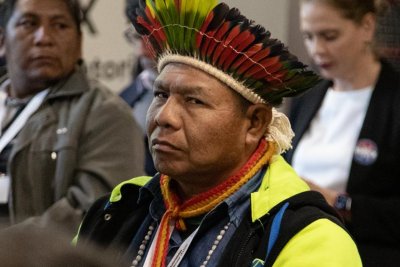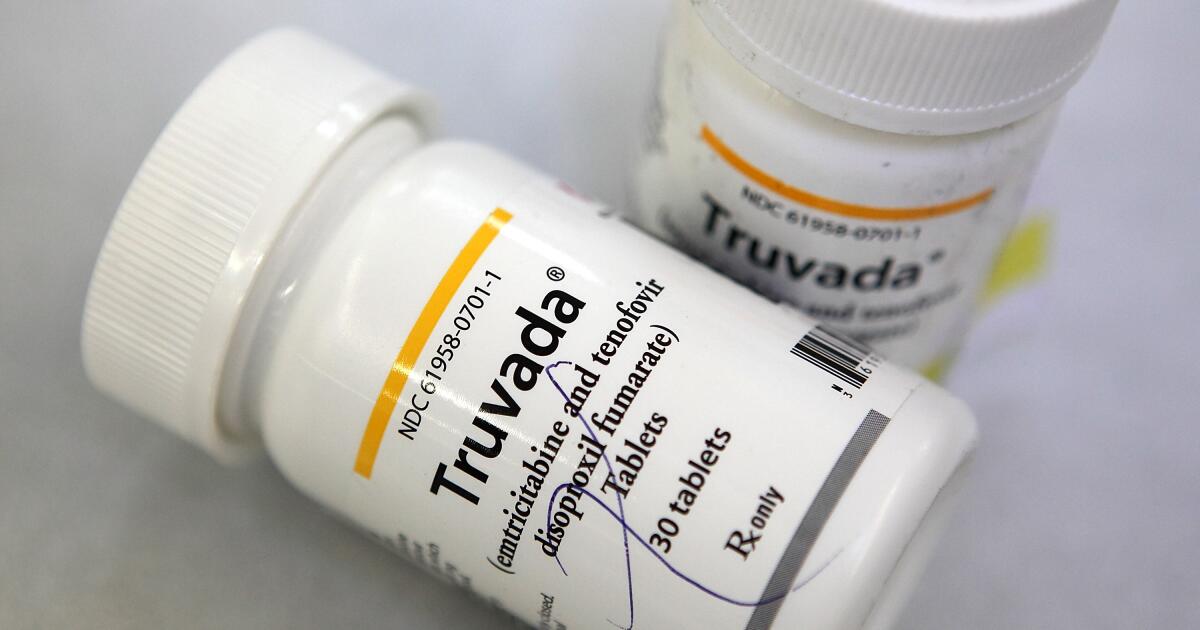Paraguay’s bilingual archive to safeguard Indigenous language heritage

1 of 2 | A Guaraní Indigenous participant attends an event with Nobel Peace Prize laureate Rigoberta Menchú in May 2024 at the Development Bank of Latin America in Asunción, Paraguay. Photo by Mar Puig/UPI
ASUNCIÓN, Paraguay,, Aug. 26 (UPI) — Paraguay unveiled one of the region’s most ambitious cultural preservation projects with the launch of Proyecto Guaraní-Revista Ysyry, a digital archive and bilingual anthology that safeguards more than 14,000 poems, songs and writings in Guaraní, Spanish and Jopará.
Revista Ysyry, a Paraguayan literary magazine that ran from 1942 to 1995, publishing over 20,000 poems and songs in Guaraní, Spanish, and Jopará (a blend of the two languages).
The initiative, launched in 2023 and presented Monday, combines a free online library called Oremba’e, or What Is Ours, with the printed bilingual volume Che Ñe’ẽ, Che Purahei (“My word, my song”), which includes nearly 200 selected works.
The collection was entrusted to former U.S. ambassador to Paraguay James Cason, a longtime advocate of Guaraní culture.
“Paraguay is the only bilingual country in Latin America,” Cason said. “Everyone speaks Guaraní. It is the soul of the country. Guaraní is Paraguay.”
That is the most widely spoken of the Tupian languages, a family of indigenous tongues once used by native communities across much of South America. Today, it is one of the few spoken broadly, even by people who do not identify as Indigenous, and serves as the first or second language for millions.
According to Paraguay’s 2024 Household Survey, 38.7% of the population over age 5 speaks both Guaraní and Spanish at home, 30% communicate primarily in Guaraní and 28.5% use Spanish. Another 2.4% relies on other languages, such as English, Portuguese, German, Japanese, Korean or Arabic.
Cason explained that he began to study the language before arriving in Asunción, surprising audiences when he delivered his first speech entirely in Guaraní. He later received a vast archive of works from the daughter of Ysyry magazine’s late editor, who asked him to ensure its preservation.
For 17 years, Cason sought support to protect the material until the Global Peace Foundation and Instituto Patria Soñada agreed to take on the task.
“This is more than music and poetry,” he said. “It is a sociological and historical record of what people were thinking when these works were written.”
Carmen Giménez, director of the Guarani Project and member of Instituto Patria Soñada, stressed that the language’s vitality goes beyond its Indigenous roots.
“Guaraní is spoken by Indigenous and mestizo populations alike, across rural and urban sectors and even among cultural and political elites,” she said. “It has become a unifying element in a diverse society, a symbol of national identity and resilience in the face of historical attempts to sideline it.
“The Paraguayan case is considered exemplary in Latin America. While in countries such as Argentina, Brazil or Chile Indigenous languages became confined to small communities and many risked extinction, in Paraguay, Guarani evolved into a national and co-official language.”
The National Secretariat of Culture has declared the project of cultural interest. Organizers say the archive will give researchers, musicians and new generations unprecedented access to Paraguay’s literary and musical heritage.

